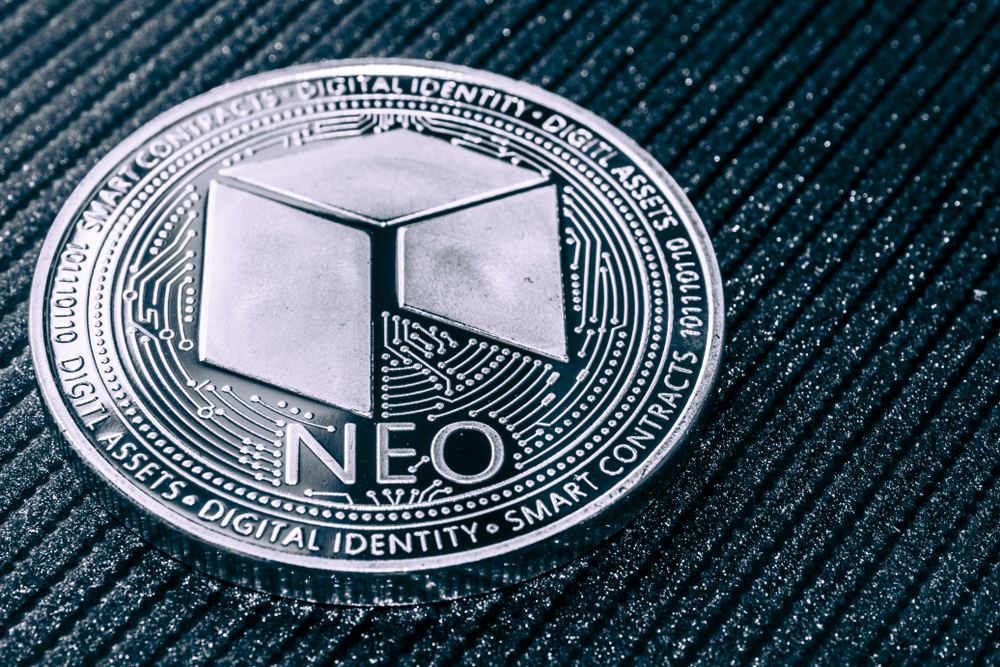NEO vs GAS Explained

Dealing with the vast influx of new cryptocurrencies can be a big challenge for novice users. Things only get more confusing when that specific currency has more than one native token. In the case of NEO, there is the main NEO currency, as well as GAS. Both form an integral part of the ecosystem as a whole, yet there are subtle differences between the two. This article will give a quick overview on NEO vs GAS and provide more info on each token’s purpose.
The NEO Currency Explained
Every cryptocurrency project needs its own token to exchange value. In the case of NEO, that currency simply goes by the name of NEO, to avoid any unnecessary confusion. It is used to transfer value across the network, and is also the currency with the highest market cap of this particular ecosystem. Traders and speculators have taken a liking to NEO over the months, even though it remains to be seen how successful this project will be in the long run.
There is one particular aspect about NEO which users need to keep in mind. Its total supply will not increase as the network becomes more popular. Instead, the developers introduced a second token to “fund” most transactions, which goes by the name of GAS. Holders of NEO will automatically generate this secondary token, which creates an incentive to hold on to one’s NEO balance for an extended period of time.
The GAS Token Explained
It is rather interesting to take note of this dual-token ecosystem which makes up the NEO cryptocurrency. More specifically, its secondary token is called GAS, and serves a similar function to Ethereum’s gas for transactions. The big difference is how NEO has turned it into a different token, rather than continue to increase the supply of NEO itself.
The GAS supply is also a very interesting aspect to keep tabs on. When GAS is spent on NEO transactions and operations, it is not “burnt” in the traditional way. Instead, it is redistributed to keep the network going. As such, there is no reason to alter the GAS supply at any stage either, as the system is designed to be self-sufficient at all times.
What Comes Next?
So far, it appears the approach of NEO and GAS seems to work quite well. Now that token issuers are looking at NEO to issue ICO tokens, an interesting step forward has been taken. As more GAS is spent by NEO users, the existing holders will earn more GAS by simply holding their tokens. It is a rather interesting way of incentivizing users to not sell their cryptocurrency.
Ensuring users can interact with the NEO blockchain without spending the NEO tokens themselves is a very intriguing concept. It is very different from Ethereum, and the business model maintained by NEO has been copied by at least one other project so far. It is not unlikely even more cryptocurrencies will introduce a dual-token approach, and it remains to be seen if this has any long-term potential.
Would you rather invest in NEO or GAS? Let us know in the comments section below!
The post NEO vs GAS Explained appeared first on NullTX.
by JP Buntinx via NullTX